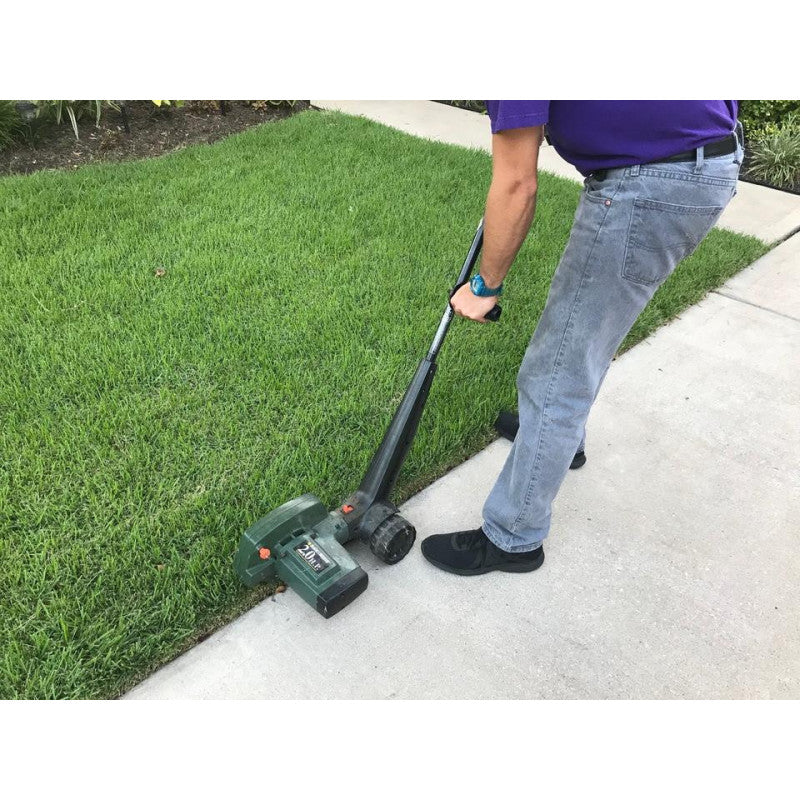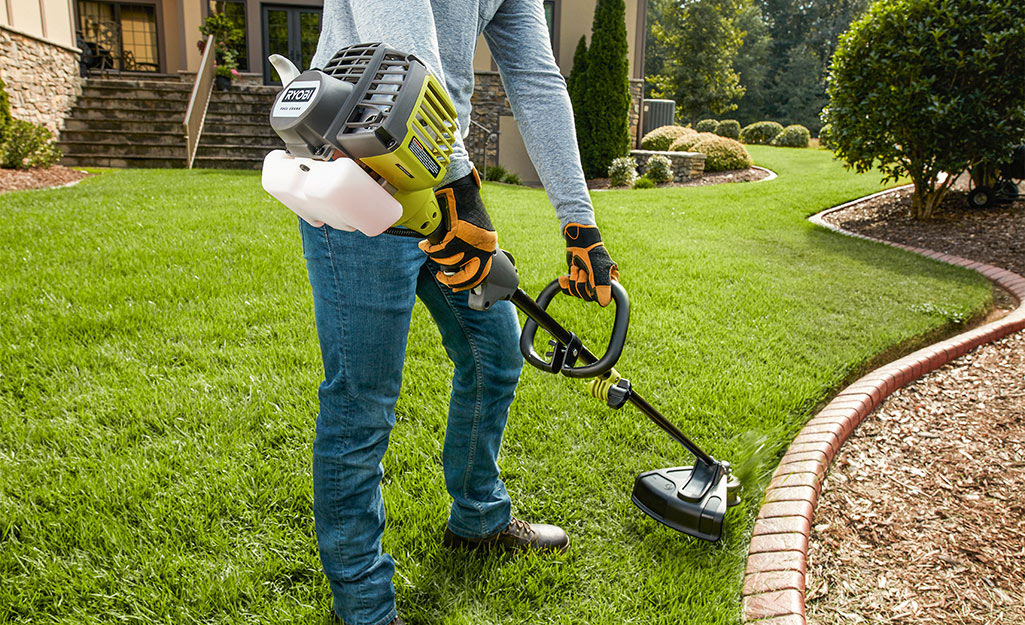MOWING AND EDGING
MOWING AND EDGING
Couldn't load pickup availability
Mowing and Edging are essential components of a lawn maintenance schedule, contributing to the overall health and appearance of your lawn. Here's a more detailed description of these tasks:
1. Mowing:
Frequency: Mowing frequency depends on the growth rate of your grass, which can vary depending on the type of grass and local climate. Typically, mowing is done once a week during the growing season.
Proper Height: Adjust the mower blades to the appropriate height for your grass type. Different grasses have different height preferences, but a general rule is to cut only one-third of the grass blade's length at a time. This promotes healthier and more resilient turf.
Sharp Blades: Ensure that your mower blades are sharp to create clean cuts. Dull blades can tear grass, making it more susceptible to disease.
Clippings: Leaving grass clippings on the lawn can provide natural nutrients as they decompose. This practice is known as "grasscycling."
2. Edging:
Definition: Edging involves creating clean and distinct borders between your lawn and other surfaces, such as sidewalks, driveways, or flowerbeds.
Tools: You can use various tools for edging, including manual or powered edgers and even a spade or shovel for manual edging.
Benefits: Edging not only enhances the visual appeal of your lawn but also prevents grass from encroaching onto walkways and flowerbeds.
Frequency: Edging is typically done as needed or as part of regular lawn maintenance, often less frequently than mowing.
Share




